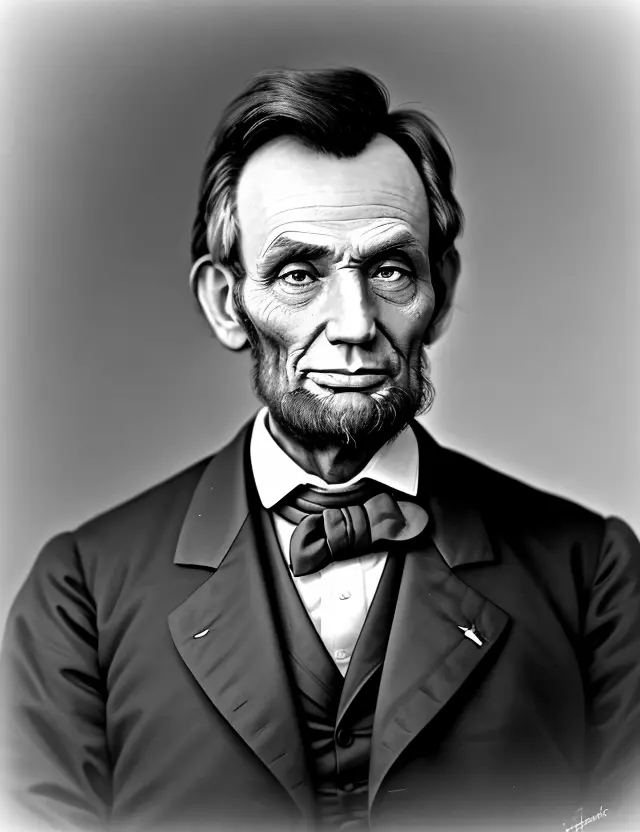Lincoln's Dilemma: The Suspension of Habeas Corpus During the Civil War
Preserving the Union Amidst Unprecedented Challenges

On October 23, 1861, President Abraham Lincoln made a momentous decision: he suspended the writ of habeas corpus, a legal safeguard that protects individuals from unlawful detention. This action, taken during the early days of the American Civil War, was a controversial and complex response to the urgent need to maintain the Union in a time of crisis.
The Civil War's Onset
The United States was embroiled in a brutal conflict as the Civil War began in April 1861. The nation was divided, with secessionist sentiments in the South threatening the very existence of the Union.
The Writ of Habeas Corpus
The writ of habeas corpus is a fundamental legal principle that safeguards individual liberty by preventing arbitrary or unlawful detention. It enables individuals to challenge their imprisonment before a court of law.
Lincoln's Dilemma
As the Civil War unfolded, President Lincoln faced a challenging dilemma. He needed to maintain order and secure the loyalty of border states, but he also had to address threats from Confederate sympathizers and rebel activity within Union states.
The Suspension Order
Faced with the specter of rebellion and insurrection, President Lincoln issued an executive order suspending the writ of habeas corpus. This decision allowed the military to arrest and detain individuals it deemed a threat to the war effort without judicial review.
Controversy and Criticism
Lincoln's suspension of habeas corpus was met with significant controversy and criticism. Many viewed it as an overreach of executive power and a violation of civil liberties. Chief Justice Roger Taney of the Supreme Court issued a decision in Ex parte Merryman, challenging the suspension's constitutionality.
Balancing Security and Liberty
For Lincoln, the suspension of habeas corpus was a delicate balancing act. He believed it was necessary to maintain the Union and protect national security during a time of rebellion. Yet, he also recognized the importance of upholding the Constitution.
Extended and Retracted
The suspension was extended to cover the entire country at times during the Civil War, but it was later retracted and habeas corpus rights were restored, albeit not without controversy.
Legacy and Legal Precedent
Lincoln's suspension of habeas corpus during the Civil War set a significant legal and political precedent. It highlighted the challenges of preserving civil liberties during wartime and has since been a subject of debate and analysis.
President Abraham Lincoln's suspension of the writ of habeas corpus on October 23, 1861, was a pivotal moment in the history of the United States. It underscored the complexities and difficult decisions that leaders face in times of crisis. The legacy of this action serves as a reminder of the ongoing tension between national security imperatives and the protection of individual civil liberties in a democratic society.



